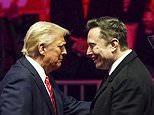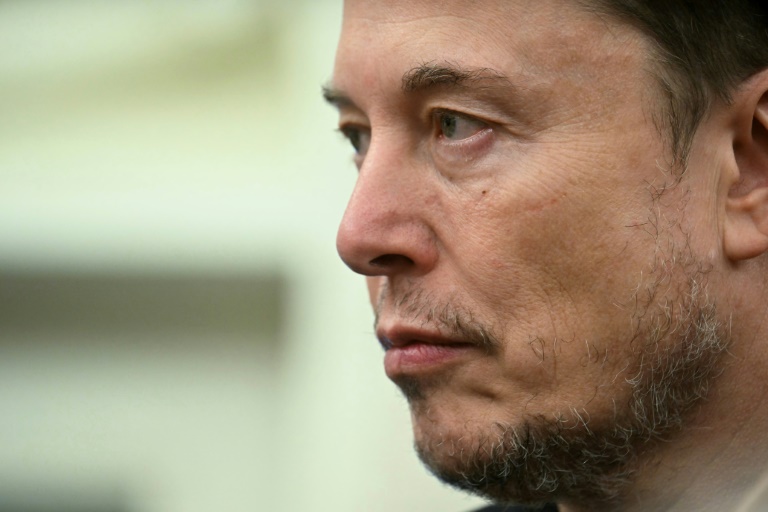
Elon Musk is encountering a significant challenge as he attempts to launch his new political venture, the “America Party.” The announcement, made on Musk’s social media platform X, follows a public fallout with former ally President Donald Trump. However, a bureaucratic hurdle looms large: the Federal Elections Commission (FEC) poses a potential roadblock to the party’s formation.
The FEC mandates that new political organizations register when they surpass certain financial thresholds related to federal elections. As of now, Musk has not completed this registration, with The New York Times reporting that his strategy remains “more conceptual than pragmatic.” Even if Musk were to register, the FEC’s current state of dysfunction, with three vacant commissioner seats, complicates any potential approval process.
FEC Quorum Crisis
The FEC is designed to operate with six commissioners, appointed by the sitting president. However, three commissioners have stepped down since Trump began his second term, leaving the agency unable to form the quorum necessary for decision-making. This has effectively rendered the FEC defunct, with Trump yet to nominate replacements. The White House has not commented on Musk’s new political ambitions or the FEC’s status.
Ann Ravel, a former FEC commissioner, suggests that Trump may have strategic reasons for leaving the FEC inoperative. “Clearly, there is no doubt that President Trump wants to purposely leave the FEC without a quorum,” she stated to Open Secrets.
The Birth of the America Party
Musk’s decision to create the America Party stemmed from a July 4 online poll where 65.4% of his followers supported the idea. “By a factor of 2 to 1, you want a new political party and you shall have it!” Musk declared. He criticized the current political landscape, claiming, “We live in a one-party system, not a democracy.”
The party’s founding marks a significant shift for Musk, who once held a prestigious advisory role within the Trump administration, overseeing the Department of Government Efficiency. However, the relationship soured over disagreements, notably over Trump’s “Big Beautiful Bill,” which Musk argued undermined his cost-cutting efforts and Tesla’s interests.
Public Feud and Political Implications
The rift between Musk and Trump has been highly publicized, with both parties engaging in social media spats. Musk accused Trump of ingratitude, while Trump labeled Musk “crazy.” The fallout intensified after Trump rescinded a nomination for Musk-ally Jared Isaacman as NASA administrator, citing Isaacman’s donations to Democrats.
Amidst the feud, Musk has threatened to support Republican Rep. Thomas Massie’s reelection campaign, a known critic of Trump’s policies. The New York Times also reported allegations of Musk’s drug use during the 2024 presidential campaign, claims Musk has denied, providing a drug test as evidence.
Looking Ahead
The future of the America Party remains uncertain, contingent on overcoming the FEC’s bureaucratic challenges. With the commission in a state of paralysis, Musk’s political aspirations face a formidable obstacle. The situation underscores the complexities of launching a new political movement in the current U.S. political climate.
As Musk navigates these hurdles, the broader implications for the political landscape are significant. The emergence of a new party could disrupt traditional political alignments, especially if Musk leverages his substantial following and financial resources. Observers will be watching closely to see how this political drama unfolds.






